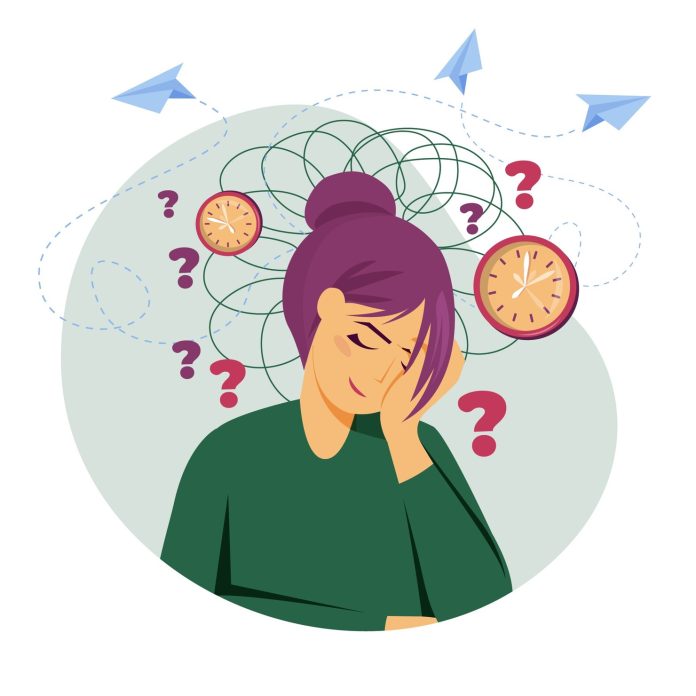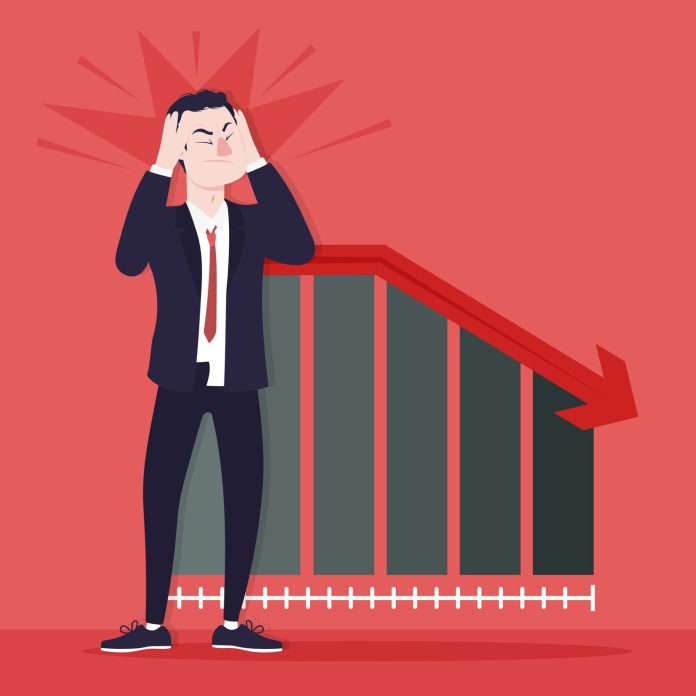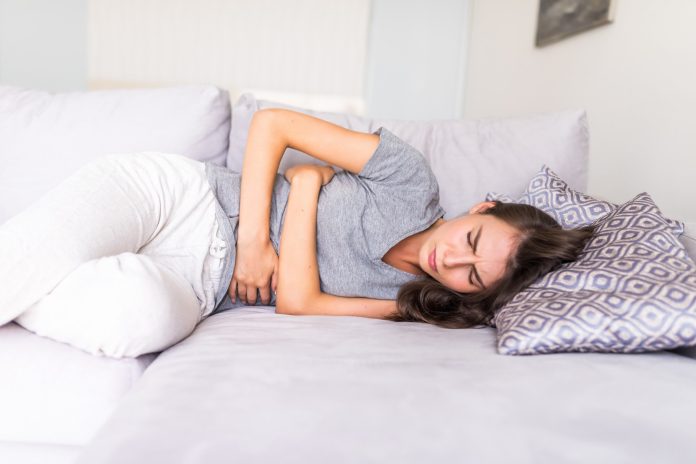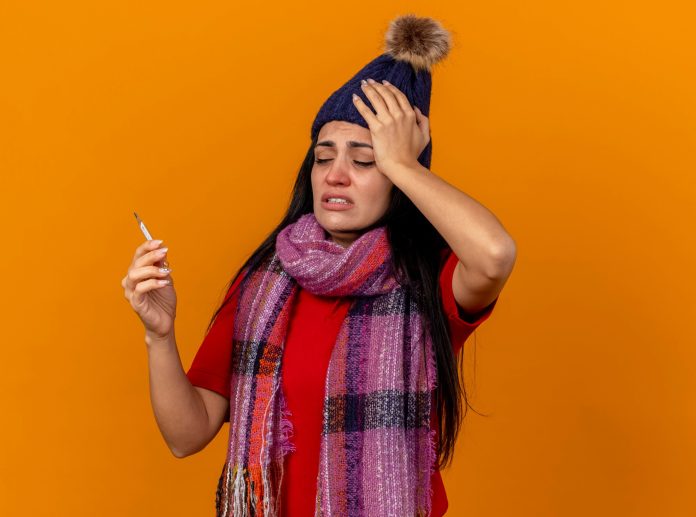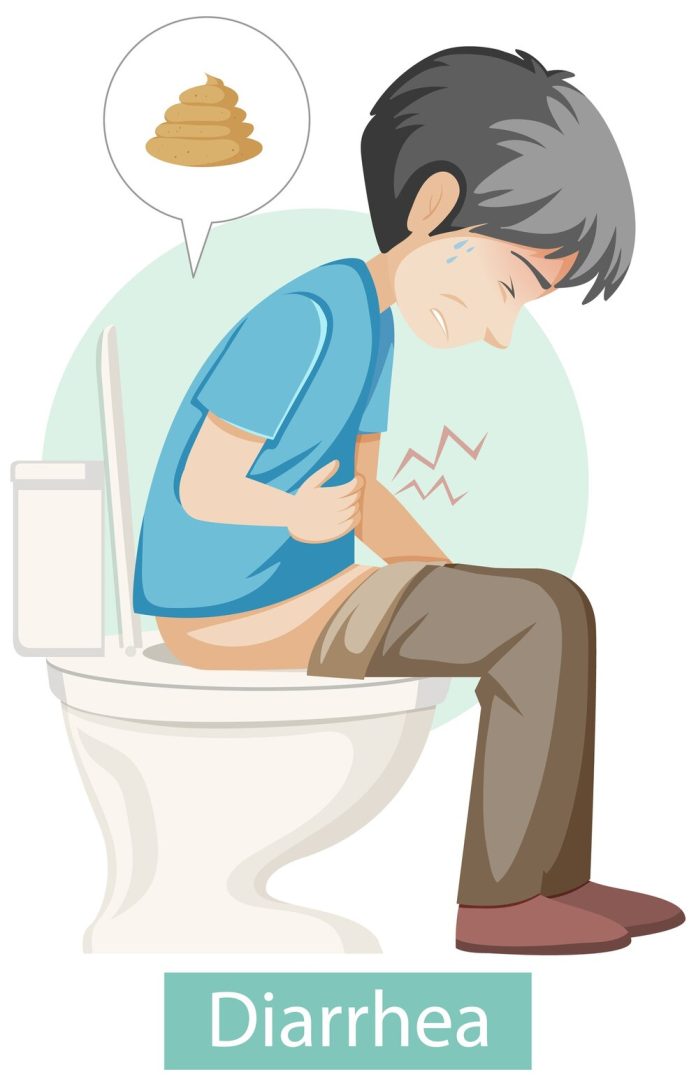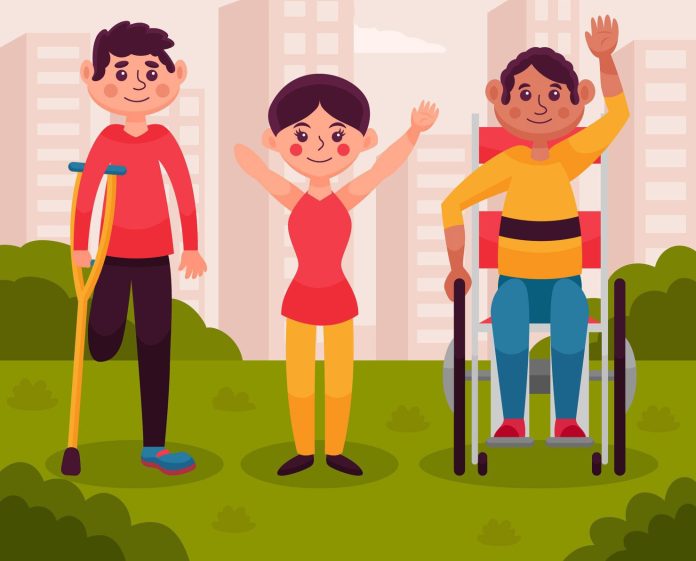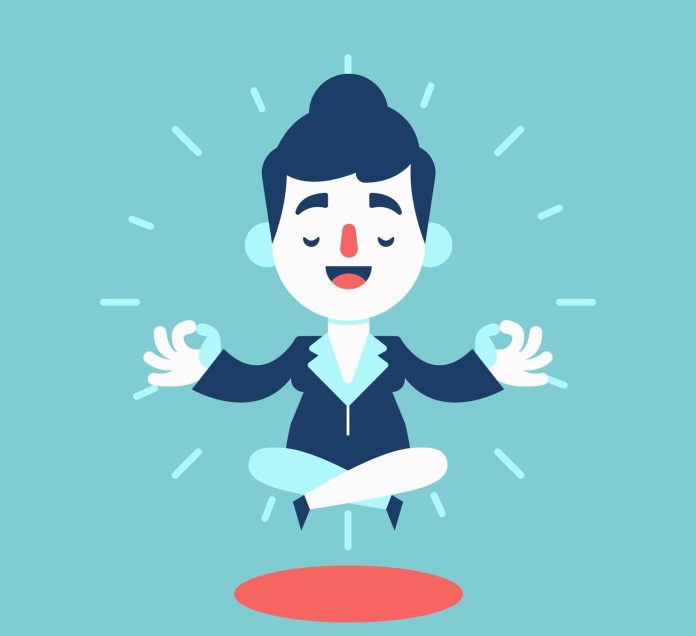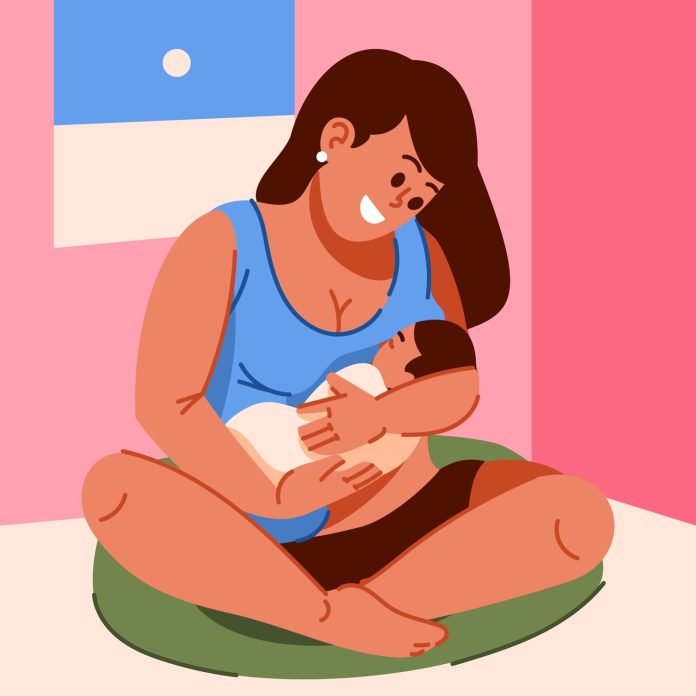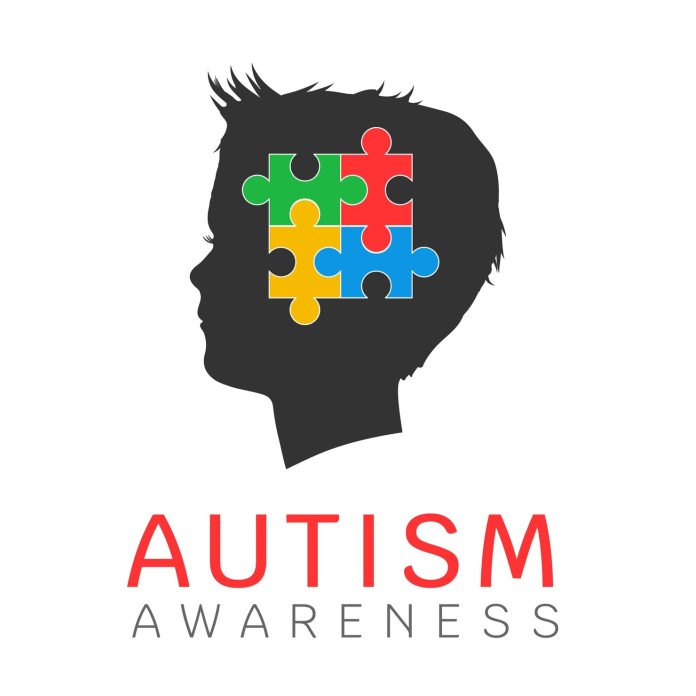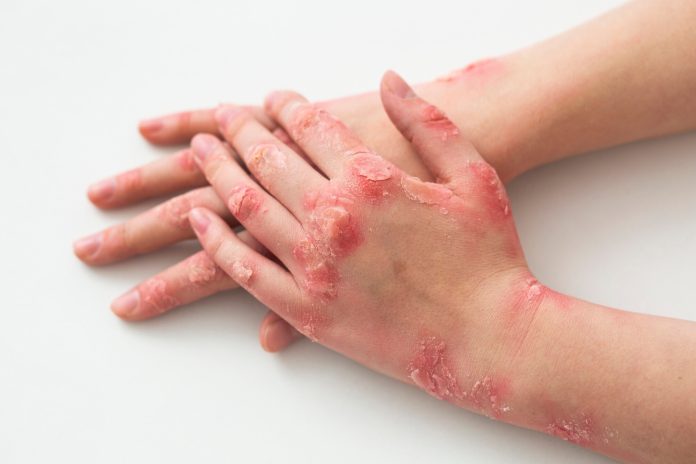Mental retardation is recently named as ‘Intellectual disability’, is a neurodevelopmental disorder impairing the intellectual faculties and adaptive functioning of the individual. About 2-3% of the population suffers from this condition.
Mental retardation is not a disease by itself but can be resultant of another disease process. Yet in most cases the cause is not known. Other known causes are, familial, genetic syndromes, intra uterine infections, maternal alcoholism, metal poisoning, accidents, malnutrition, hypothyroidism, iodine deficiency etc.
Mental retardation is mild in most cases, yet in some it could be moderate, severe or profound. It is generally diagnosed before age 8-10. The intelligence quotient in a retarted child is below 70. Overall functioning of the child is affected as per the degree of severity making him dependent on others for the activities of daily living. Speech and language development is compromised making communication difficult. A child with mental retardation may have physical, social, academic, and personal difficulties leading to emotional and behavioural problems.
Although a lot has changed in the attitude of the society towards mentally retarded, there is a much to be done for individual cases. Mentally retarded need to be given patience and acceptance by their families and the society. Psychosocial, Behavioural, cognitive- behavioural and family therapies are usually needed from early life to assist in the child’s development.
Homoeopathy is a great supportive treatment modality in cases of Mental retardation. Homoeopathy treats every child individually, focusing on the problem areas of that child. Homoeopathy treats associated physical and emotional problems so that overall health of the child is improved. Homoeopathic medicines help in resolving negative traits and patterns of behaviour, assisting other therapies in action.
Dr. Navin Pawaskar,
Director,
JIMS Healthcare.

